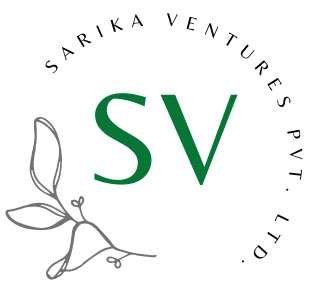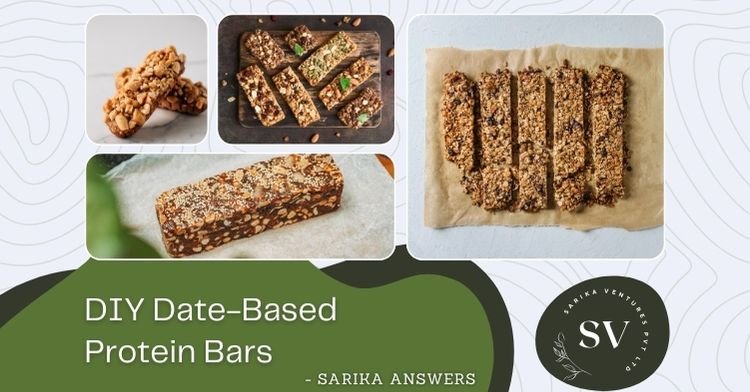Clean Eating for Beginners: 11 Simple Tips to Kickstart a Healthier Lifestyle
Clean eating is all about choosing whole, unprocessed foods and eliminating highly refined ingredients. This approach reduces added sugars, unhealthy fats, and excess sodium, while promoting nutrient-rich options like fruits, vegetables, whole grains, and lean proteins. If you’re new to clean eating for beginners, follow this guide with 11 practical tips to get started.
Table of Contents
- What is Clean Eating?
- Learn the Basics of Clean Eating
- Identify Your Specific Goals
- Portion Your Plates
- Eat More Fruits and Vegetables
- Make Water Your Primary Drink
- Limit Processed Foods
- Find Healthy Recipes
- Reduce Salt and Added Sugars
- Choose Organic
- Snack the Smart Way
- Eat Mindfully and Enjoy Every Bite
What is Clean Eating?
Clean eating emphasizes eating more natural, whole foods and less processed ingredients. It’s a sustainable approach that helps with overall health, weight management, and reducing the risk of chronic diseases .
1. Learn the Basics of Clean Eating
To begin clean eating for beginners, the goal is simple: choose whole foods, like fruits, vegetables, whole grains, and lean proteins, while avoiding processed and packaged foods. High-fiber options such as date fiber help you stay full throughout the day.
Pro Tip: Avoid sugary drinks and fast food that are full of empty calories and harmful additives.
2. Identify Your Specific Goals
When starting clean eating, understanding your specific goals will guide your food choices. Are you aiming for weight loss, improving energy, or reducing processed food intake? Setting clear objectives will help you stay motivated. For instance, if your goal is weight loss, you might choose low-calorie, nutrient-dense foods.
3. Portion Your Plates
A well-balanced plate is key. Aim to fill half of your plate with fruits and vegetables, one-quarter with whole grains, and the remaining quarter with lean proteins. This ensures you get a variety of nutrients in every meal.
4. Eat More Fruits and Vegetables in Every Meal
For beginners, it’s vital to focus on fresh produce. Incorporating fruits and vegetables into each meal provides essential vitamins and minerals that are crucial for your health.
5. Make Water Your Primary Drink of Choice
Instead of sugary sodas and processed beverages, make water your go-to drink. Staying hydrated not only supports digestion but also helps you feel more energized throughout the day. Drinking water regularly can also prevent overeating, as thirst is sometimes mistaken for hunger.
6. Limit Processed Foods
Processed foods are often loaded with unhealthy fats, sodium, and added sugars. Focus on fresh, whole options like homemade snacks and meals to limit your intake of these harmful ingredients.
7. Find Healthy Recipes to Try Out
Experiment with healthy recipes that incorporate whole foods. For instance, try using date powder as a natural sweetener in your baked goods, or replace refined grains with whole grains in your meals. You can explore recipe blogs like Minimalist Baker for clean-eating ideas.
8. Reduce Salt and Added Sugars
Reducing your salt and sugar intake is a fundamental part of clean eating. Opt for natural sweeteners, like date powder, and use herbs or spices to flavor your food instead of excessive salt.
9. Choose Organic When Possible
When available, select organic fruits and vegetables. Organic options help you avoid pesticides and chemical residues, making your clean eating journey even healthier.
10. Snack the Smart Way
Instead of reaching for processed snacks, opt for healthier alternatives like nuts, seeds, or fresh fruit. These options provide essential nutrients and help you stay full between meals.
11. Eat Mindfully and Enjoy Every Bite
Mindful eating is crucial to the clean eating lifestyle. Pay attention to your food, savor every bite, and avoid distractions like watching TV while eating. This will help you better understand your hunger cues and improve your overall relationship with food.
By following these 11 simple tips, clean eating for beginners becomes an easy and sustainable way to improve your health. Remember, it’s not about perfection but making gradual changes that fit your lifestyle. As you continue your journey, you’ll discover the benefits of eating whole, unprocessed foods and minimizing processed options.








